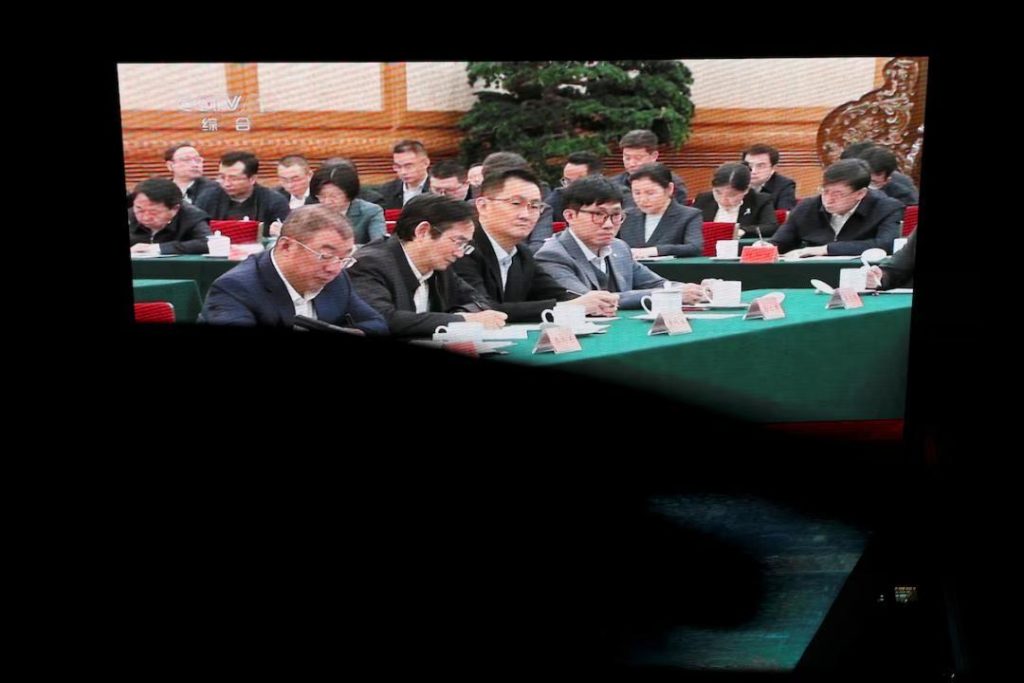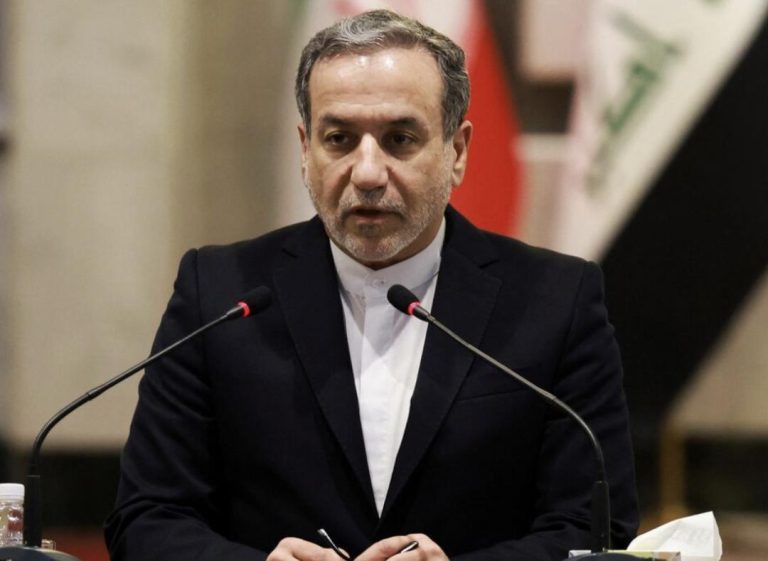
Avoid US Travel: China to Its Top AI Experts
In a move that has raised eyebrows globally, Chinese authorities have instructed the country’s top artificial intelligence (AI) entrepreneurs and researchers to avoid traveling to the United States, according to a report by the Wall Street Journal (WSJ). The directive is said to be a response to growing concerns about the potential risks of sharing confidential information about China’s AI advancements while abroad.
The WSJ report, which cites unnamed sources familiar with the matter, states that China’s AI leaders have been warned against traveling to the US due to fears that they may inadvertently disclose sensitive information about the country’s AI research and development. The authorities are reportedly concerned that if these experts travel to the US, they may be pressured to share confidential information about China’s AI projects, which could compromise the nation’s competitive edge in the field.
Moreover, China is said to be worried that its AI experts might get detained and “used as a bargaining chip” in US-China negotiations. This fear is likely rooted in the ongoing trade tensions and diplomatic tensions between the two nations. In recent years, the US has been vocal about its concerns over China’s growing technological prowess, particularly in the areas of AI, 5G, and semiconductors.
The decision to bar top AI experts from traveling to the US is seen as a significant shift in China’s approach to AI development. In the past, China has actively encouraged its AI experts to participate in international conferences and collaborations, recognizing the value of global knowledge sharing and collaboration in driving innovation.
However, with the US-China rivalry intensifying, China appears to be taking a more cautious approach to protecting its intellectual property and national security interests. The country has been investing heavily in its AI sector, with the goal of becoming a global leader in the field by 2025.
China’s AI ambitions are indeed significant. The country has made considerable progress in areas such as facial recognition, natural language processing, and autonomous vehicles. Chinese companies like Baidu, Alibaba, and Tencent have also been at the forefront of AI innovation, with Baidu’s DuerOS and Alibaba’s Tmall Genie being two notable examples of successful AI-powered chatbots.
The decision to restrict travel to the US is likely to have far-reaching implications for China’s AI community. It may force Chinese AI experts to look for alternative international collaborations and conferences, potentially weakening China’s global influence in the AI sphere.
The move may also have significant economic implications, as China’s AI industry is increasingly dependent on international partnerships and collaborations. The restriction on travel could hinder the flow of knowledge, ideas, and talent between China and the US, potentially slowing down the development of AI in China.
In response to the WSJ report, Chinese authorities have remained tight-lipped, with no official comments or statements issued. However, the report has sparked widespread debate and concern among AI experts, researchers, and industry observers.
Some have argued that the decision is a prudent measure to protect China’s national security interests, while others have criticized the move as a sign of China’s growing isolationism and paranoia.
Regardless of one’s perspective, it is clear that the decision to bar top AI experts from traveling to the US is a significant development in the ongoing rivalry between China and the US. As tensions between the two nations continue to escalate, it is likely that we will see more measures aimed at protecting national security and intellectual property interests.
In conclusion, the decision by Chinese authorities to instruct top AI experts to avoid traveling to the US is a significant development in the global AI landscape. While the move may be seen as a necessary precaution to protect China’s national security interests, it also raises concerns about the potential long-term implications for global collaboration and innovation in the AI sector.
As the world continues to navigate the complex landscape of AI development, it is essential that nations prioritize open communication, collaboration, and knowledge sharing. The restriction on travel to the US may be a setback for China’s AI community, but it also highlights the need for nations to find alternative ways to engage and collaborate in the AI sector.






